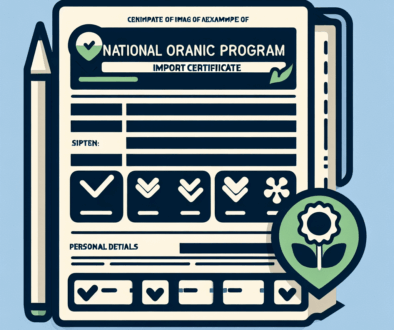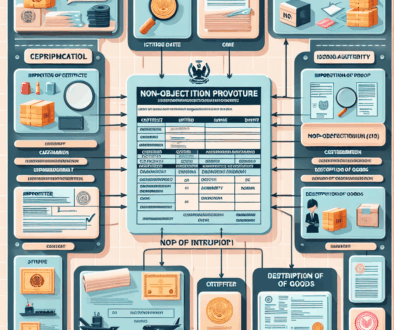Understanding Novel Foods in the EU
“In the European Union, new ingredients are known as Novel Foods. Since January 1, 2018, the EU has implemented a new regulation for Novel Foods (EU) 2015/2283, replacing the previous regulations (EC) No 258/97 and (EC) No 1852/2001.”
Introduction to EU’s Novel Food Regulations
In the European Union (EU), novel ingredients in food are referred to as “Novel Foods.” As of January 1, 2018, the EU has adopted a new regulation, (EU) 2015/2283, for Novel Foods. This regulation supersedes and replaces (EC) No 258/97 and (EC) No 1852/2001. The new regulation enhances the authorization process, making it more efficient and safe. This change allows for quicker market access for Novel Foods, reducing unnecessary trade barriers while ensuring a high level of food safety. Moreover, the regulation introduces a more appropriate assessment procedure for traditional foods entering the EU from third countries.
Scope of EU Novel Food Regulations
Under Regulation (EU) 2015/2283, Novel Foods in the EU are defined as foods not widely consumed by humans within the EU before May 15, 1997. These can include newly developed, innovative foods produced using new technologies and manufacturing processes, as well as traditional foods from outside the EU. Traditional foods from outside the EU are those produced by primary processing methods such as farming or breeding, with confirmed safety for consumption and a tradition of being consumed by a significant portion of the population in at least one-third country for over 25 years. The scope of EU Novel Food regulation does not cover genetically modified foods, food additives, enzymes, flavorings, and extraction solvents.
Application for Authorization of EU Novel Foods
Food producers seeking to legally market a Novel Food in the EU must first undergo authorization approval for the Novel Food. If there is uncertainty about whether a food is considered a Novel Food, applicants can consult the target country for the planned food launch before submitting an authorization request.
Applicants are required to submit an authorization request for the Novel Food to the European Commission, following specified formats and documentation requirements. This submission should include detailed information about the Novel Food’s ingredients, production process, and scientific evidence of safety. Once its validity is confirmed, the European Commission will forward the application to member states and authorize the European Food Safety Authority (EFSA) for scientific evaluation. The decision to grant authorization will be based on EFSA’s assessment and other factors.
EU Authorization Process for Traditional Foods from Outside the EU
For traditional foods originating from outside the EU, applicants must submit detailed information about the food’s ingredients, country of origin, and a record of its safe use in third countries. The European Commission will forward these materials to member states and the European Food Safety Authority (EFSA). If no safety objections are raised within a set period, the authorization for the traditional food can be granted.
Overview of the EU Novel Food Catalog
The EU Regulation (EU) 2017/2470 compiles a list of approved Novel Foods. Apart from those requested by the applicant for data protection and are under a protection period, all other Novel Foods in the list are available for food producers to use as needed. However, it is important to note that animal-derived Novel Foods must also meet the EU’s national and corporate access requirements.
Through this list, one can find relevant information about Novel Foods. The EU’s Novel Food catalog includes names of Novel Foods, their conditions of use, additional special labeling requirements, specifications for Novel Foods, data protection requirements, and other special requirements. For traditional foods from outside the EU, the catalog also notes “traditional food from a third country” following the food’s name. Food producers using any Novel Food must adhere to the EU-approved categories of food, usage amounts, and specification requirements.
Mung Bean Protein: A New Addition to EU Novel Foods
In a significant development within the European Union’s food industry, mung bean protein has been recently recognized and listed as a Novel Food. This inclusion marks a notable expansion in the EU’s catalog of innovative food ingredients, reflecting the growing diversity and sustainability in food choices. Mung bean protein, known for its nutritional benefits and versatility, now stands among the select group of ingredients that have met the stringent criteria set by the EU for Novel Foods. This listing not only underscores the commitment to health and safety standards but also opens new opportunities for food producers and consumers alike. For more information, feel free to reach out to ETprotein team











